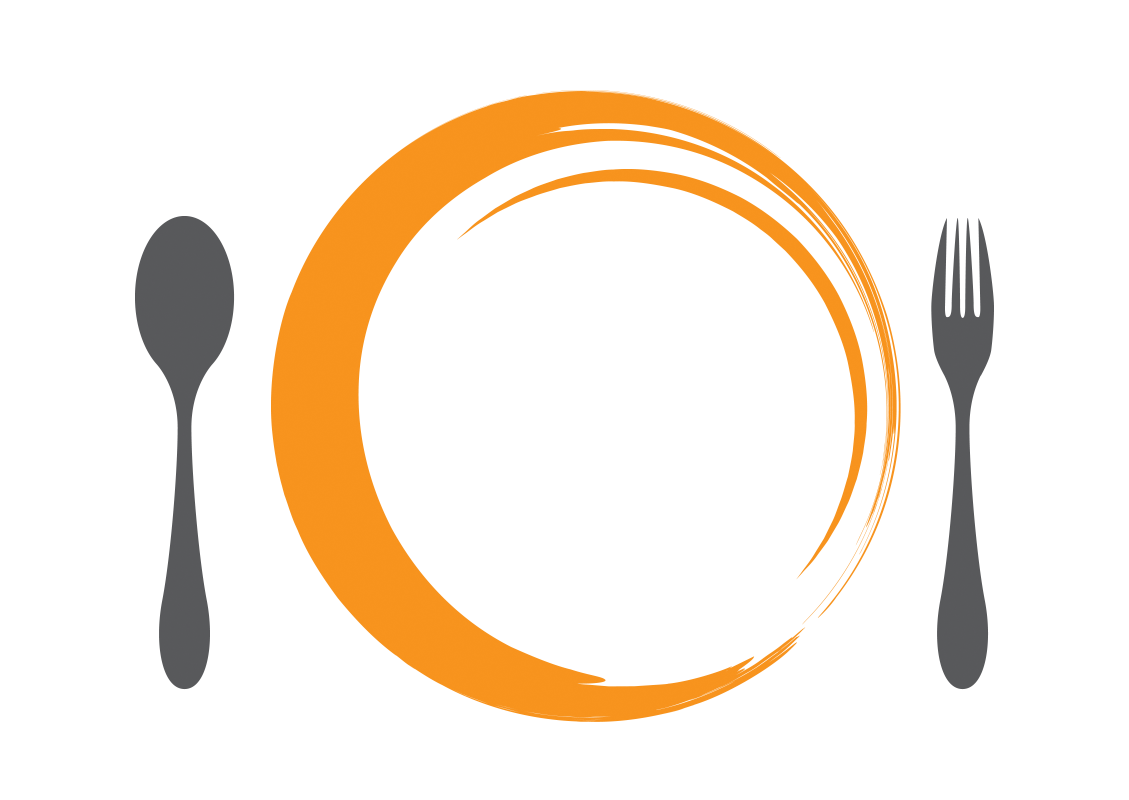Albuquerque Weight Loss Program
If you’ve been struggling with your weight for a while, chances are you’ve tried a variety of diets. Some involve counting calories. Others require you to replace a meal with a milkshake. Still others demand that you entirely give up the foods you love.
While many of these weight loss programs work, most of the time it is temporary. There is a way to combine various ideas and plans that are effective, but also create a healthy eating style and lifestyle that can be beneficial over the long term. Through the process, we will change our habits and create a new mindset with regards to food, eating style, rest, water intake, sleep pattern, healthy environment and healthy activity.
This is a gentle, nutritionally-balanced and efficient weight loss plan which allows you to lose weight in a healthy way and create an overall healthy lifestyle.
Here’s what you need to know.
How To Evaluate a Weight Loss Plan
A realistic and effective weight loss plan should include:
● Education about other factors affecting weight such as sleep and stress management
● Goal-setting, along with a way to track your progress
● Ongoing support and feedback from a coach and/or community
● Guidance regarding the lifestyle changes that will allow you to stick with a diet long-term
● Reasonable and healthy weight loss goals (such as one or two pounds per week)
Talking To Your Healthcare Provider
Before starting any weight loss plan, it’s important to talk to your primary care provider. They will know about any health issues which might affect your ability to lose weight, including any medications you take. They can also offer guidance as to the best exercise regimen for you. This is especially important if you have any issues with pain or mobility.
You can share any information with your Health Coach so that they can collaborate more effectively on your weight loss goals.
Personal Preferences And Why They Matter
You’ll be much likelier to stick with a diet that you find pleasant and enjoyable. If you have a sweet tooth, then cutting out treats cold turkey just isn’t going to work for you. If you feel dizzy and lightheaded after skipping a meal, then intermittent fasting won’t do anything for you either. Instead, choose a diet that fits your personal preferences. By choosing a diet that’s not too burdensome or restrictive, you have a better chance of sticking with it long-term for lasting results.
The Role of Physical Activity
Do not trust any weight loss plan that leaves out physical activity. Not only does exercise help you offset your calorie intake to lose more weight, it also maintains the muscle mass you’re likely to lose when dieting. Your Health Coach will guide you in building healthy habits that include regular exercise.
Are you ready to take the first step to creating a new healthier lifestyle? Reach out here and let’s evaluate and talk about what could really work best for you!


